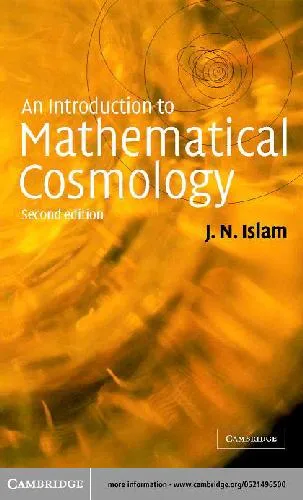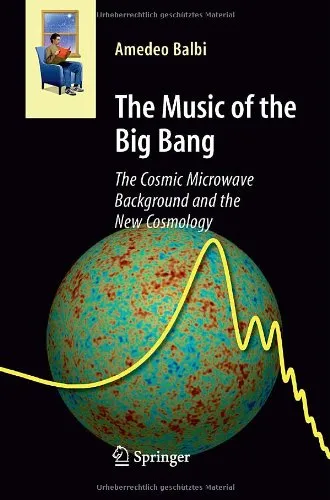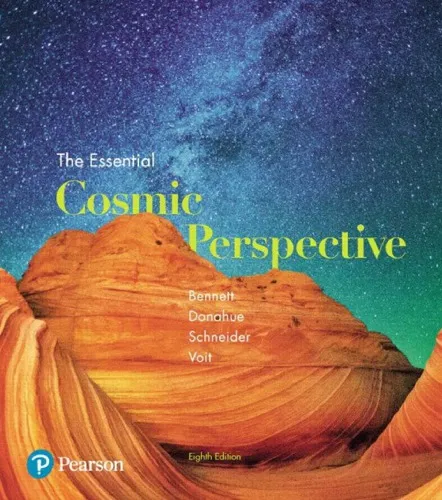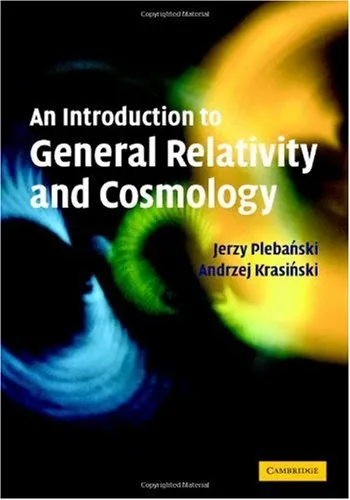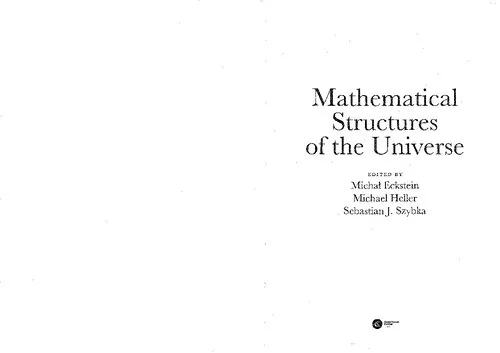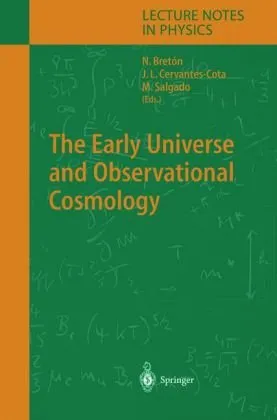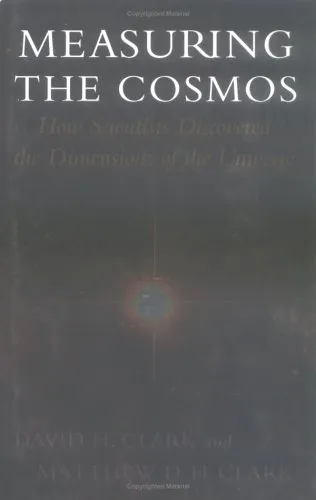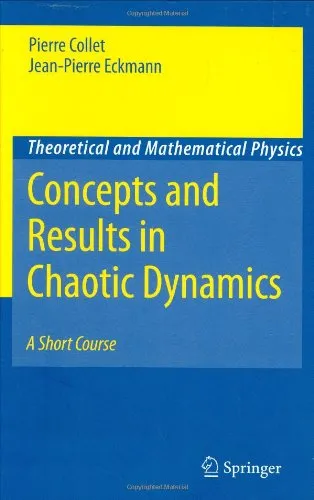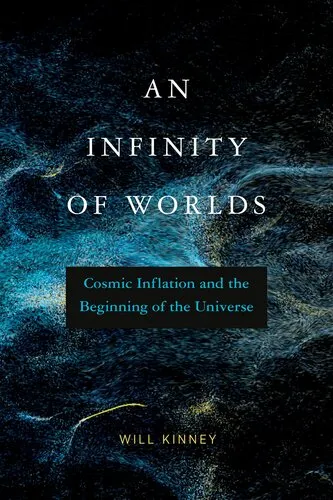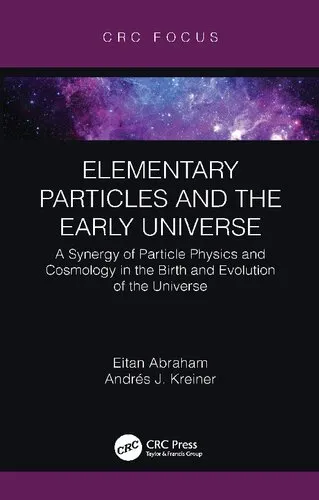An introduction to mathematical cosmology
4.0
Reviews from our users

You Can Ask your questions from this book's AI after Login
Each download or ask from book AI costs 2 points. To earn more free points, please visit the Points Guide Page and complete some valuable actions.Related Refrences:
Introduction to "An Introduction to Mathematical Cosmology"
"An Introduction to Mathematical Cosmology" is an insightful and comprehensive exploration of the interplay between mathematical principles and the vast cosmos. Aimed at equipping readers with both a foundational understanding and advanced techniques, the book delves into essential topics, merging theoretical knowledge with practical applications in cosmology. This book stands out because it bridges physics, mathematics, and observational data, bringing these domains together in a cohesive and accessible manner.
Whether you are a student venturing into the field of cosmology for the first time or a seasoned researcher looking for structured clarity, this book offers a clear roadmap. Written in a structured, pedagogical style, it emphasizes the essential mathematical tools and derivations that are pertinent to our understanding of the universe's structures, large-scale dynamics, and enigmatic phenomena like dark matter, dark energy, and the cosmic microwave background (CMB).
Detailed Summary of the Book
The book starts with an accessible introduction to the fundamentals of cosmology, laying the groundwork for more sophisticated mathematical techniques. The early chapters revolve around the standard model of cosmology, explaining concepts such as Hubble’s law, the expansion of the universe, and the Robertson-Walker metric. Throughout its chapters, the book builds upon critical physical and mathematical frameworks, including Einstein’s field equations and the Friedmann-Lemaître equations that describe the dynamics of the cosmos.
One of the highlights of this book is its focus on cosmological models, such as flat, open, and closed universes. The author simplifies these models’ complexities with diagrams, examples, and derivations. Special emphasis is placed on inflationary cosmology and its role in addressing key challenges of the Big Bang model, like the horizon problem and the flatness problem.
Further chapters delve into advanced topics, such as the growth of structure in the universe, the formation of galaxies, and the large-scale distribution of matter. Observational evidence, such as redshift surveys and CMB measurements, is integrated seamlessly with mathematical arguments. The book also touches upon cutting-edge areas of cosmological research, providing readers with glimpses into ongoing debates, including the nature of dark matter, dark energy, and the potential multiverse hypotheses.
Every chapter concludes with exercises (including both straightforward and challenging problems), enabling readers to test their comprehension of the material and think critically about cosmological phenomena.
Key Takeaways
- Understand the mathematical underpinnings of the universe’s large-scale structure and dynamics.
- Explore foundational principles, such as the Big Bang theory, inflation, and cosmic expansion.
- Gain insights into Einstein’s field equations and their role in describing the geometry and fate of the universe.
- Approach complex cosmological topics like dark matter and dark energy through a structured and logical lens.
- Leverage problem sets to strengthen your grasp on mathematical cosmology through practical applications.
Famous Quotes from the Book
“Mathematics does more than merely describe the cosmos—it illuminates its very essence, guiding us through the vast complexities of space and time.”
“The interplay of physics and mathematics is, perhaps, the most eloquent dialogue humanity has ever conducted with the universe.”
Why This Book Matters
Cosmology is one of the most fundamental sciences, as it seeks to answer profound questions about the universe’s genesis, evolution, and ultimate fate. Mathematics, meanwhile, is the universal language that allows us to decode nature’s secrets. "An Introduction to Mathematical Cosmology" unites these disciplines, presenting complex ideas with clarity and purpose.
This book matters because it addresses a critical gap in accessible yet rigorous cosmological literature. For students, it provides the essential tools to succeed in academic and research settings. For educators, it offers a structured, comprehensive curriculum. Researchers and professionals will also find the text highly valuable for its analytical rigor and ability to weave mathematics with empirical observations.
At a time when advancements in technology and telescopes present us with ever more detailed visions of the universe, this book equips its readers with the intellectual tools necessary to make sense of this extraordinary data. Its structured approach, emphasis on mathematical formulations, and integration of contemporary research highlight why it remains a cornerstone text in the field of cosmology.
Free Direct Download
You Can Download this book after Login
Accessing books through legal platforms and public libraries not only supports the rights of authors and publishers but also contributes to the sustainability of reading culture. Before downloading, please take a moment to consider these options.
Find this book on other platforms:
WorldCat helps you find books in libraries worldwide.
See ratings, reviews, and discussions on Goodreads.
Find and buy rare or used books on AbeBooks.
1478
بازدید4.0
امتیاز0
نظر98%
رضایتReviews:
4.0
Based on 0 users review
Questions & Answers
Ask questions about this book or help others by answering
No questions yet. Be the first to ask!
